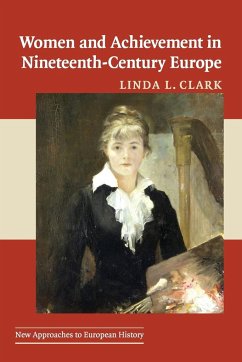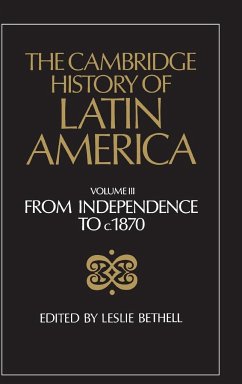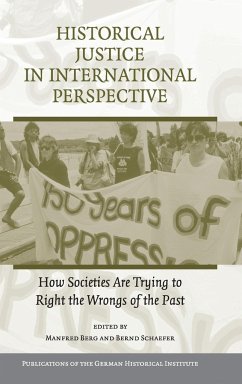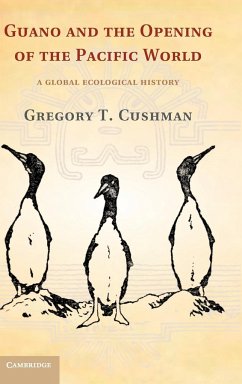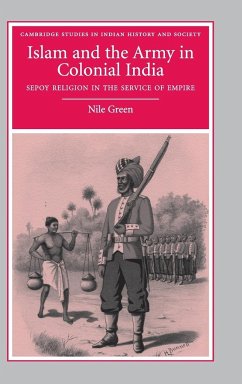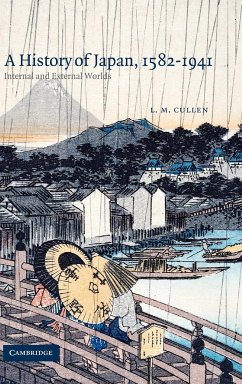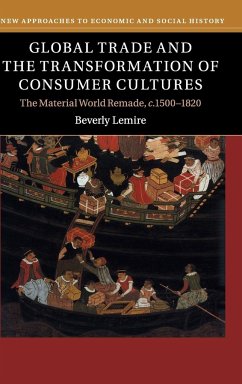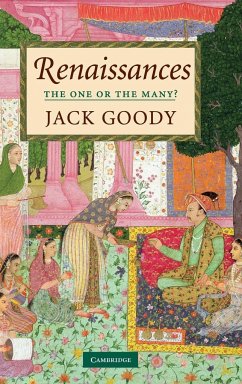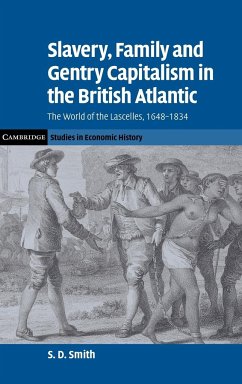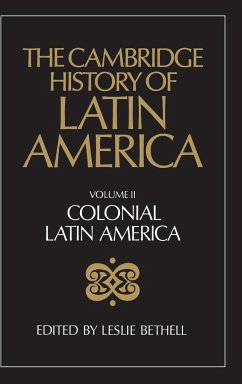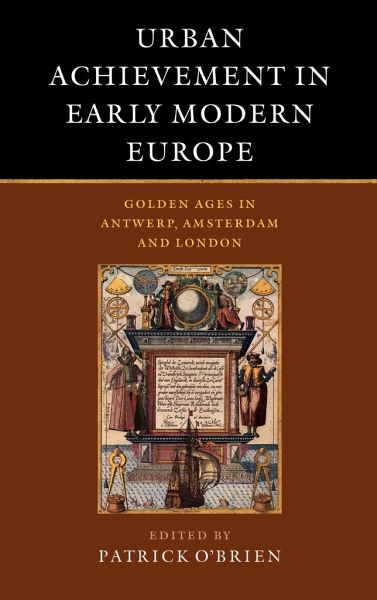
Urban Achievement in Early Modern Europe
Golden Ages in Antwerp, Amsterdam and London
Herausgeber: O'Brien, Patrick; Keene, Derek
Versandkostenfrei!
Versandfertig in 1-2 Wochen
123,99 €
inkl. MwSt.

PAYBACK Punkte
62 °P sammeln!
This innovative work in comparative urban history explores why outstanding achievements in material and intellectual culture in early modern Europe tended to cluster in certain maritime cities. Patrick O'Brien and his co-editors have assembled a team of eighteen distinguished historians from Belgium, the Netherlands, Britain, and North America, who have collaborated to make detailed comparisons of economic, architectural, artistic, publishing and scientific achievements in three renowned mercantile and imperial cities during their golden ages: Antwerp (c. 1492-1585), Amsterdam (c. 1585-1659) a...
This innovative work in comparative urban history explores why outstanding achievements in material and intellectual culture in early modern Europe tended to cluster in certain maritime cities. Patrick O'Brien and his co-editors have assembled a team of eighteen distinguished historians from Belgium, the Netherlands, Britain, and North America, who have collaborated to make detailed comparisons of economic, architectural, artistic, publishing and scientific achievements in three renowned mercantile and imperial cities during their golden ages: Antwerp (c. 1492-1585), Amsterdam (c. 1585-1659) and London (c. 1660-1730). The book examines growth and fluctuations in the fortunes of all three cities in the context of broader trends in the growing urbanization of Europe's populations, cultures, societies and economies. The study is located in the histories of politics, warfare and culture in early modern Europe and offers fascinating insights to scholars and students of economic, social and cultural history.
Table of contents:
Part 1. Introduction: 1. Reflexions and mediations on three cities as sources and sites for achievement Patrick O'Brien; Part II. Economic Growth and Demographic Change: 2. Economies of Agglomeration and the Golden Age of Antwerp Michael Limberger; 3. Clusters of achievement: the economy of Amsterdam in its Golden Age Clé Lesger; 4. The economy of London, 1660-1730 Peter Earle; Part III. Architecture and Urban Space: 5. One of the largest cities in the low countries; One of the best fortified in Europe Piet Lombaerde; 6. The glorious city: monumentalism and public space in seventeenth century Amsterdam Marjeolin 't Hart; 7. Architecture and urban space in London Judy Loach; Part IV. Fine and Decorative Arts: 8. The fine and decorative arts in Antwerp's Golden Age Hans Vlieghe; 9. The rise of Amsterdam as a cultural centre: the market for paintings, 1580-1680 Marten Jan Bok; 10. Cultural production and import substitution: the fine and decorative arts in London, 1660-1730 David Ormrod; Part V. Books and Publishing: 11. Antwerp: books, publishing and cultural production before 1585 Werner Waterschoot; 12. Metropolis of print: the Amsterdam book trade in the seventeenth century Paul Hoftijzer; 13. Printing, publishing and reading in London, 1660-1720 Adrian Johns; Part VI. Scientific and Useful Knowledge: 14. Science for sale: the metropolitan stimulus for scientific achievements in sixteenth century Antwerp Geert Vanpaemel; 15. Amsterdam as a centre of Dutch learning in the Dutch Golden Age Karel Davids; 16. Philosophers in the counting-houses: commerce, coffee-houses and experiment in early modern London Larry Stewart.
This innovative work in comparative urban history explores why outstanding achievements in material and intellectual culture in early modern Europe tended to cluster in certain maritime cities. Eighteen distinguished historians have collaborated to compare economic, architectural, artistic, publishing, and scientific achievements in Antwerp, Amsterdam, and London during their golden ages.
Comparative urban history examines early modern economic and cultural achievements in Antwerp, Amsterdam, and London.
Table of contents:
Part 1. Introduction: 1. Reflexions and mediations on three cities as sources and sites for achievement Patrick O'Brien; Part II. Economic Growth and Demographic Change: 2. Economies of Agglomeration and the Golden Age of Antwerp Michael Limberger; 3. Clusters of achievement: the economy of Amsterdam in its Golden Age Clé Lesger; 4. The economy of London, 1660-1730 Peter Earle; Part III. Architecture and Urban Space: 5. One of the largest cities in the low countries; One of the best fortified in Europe Piet Lombaerde; 6. The glorious city: monumentalism and public space in seventeenth century Amsterdam Marjeolin 't Hart; 7. Architecture and urban space in London Judy Loach; Part IV. Fine and Decorative Arts: 8. The fine and decorative arts in Antwerp's Golden Age Hans Vlieghe; 9. The rise of Amsterdam as a cultural centre: the market for paintings, 1580-1680 Marten Jan Bok; 10. Cultural production and import substitution: the fine and decorative arts in London, 1660-1730 David Ormrod; Part V. Books and Publishing: 11. Antwerp: books, publishing and cultural production before 1585 Werner Waterschoot; 12. Metropolis of print: the Amsterdam book trade in the seventeenth century Paul Hoftijzer; 13. Printing, publishing and reading in London, 1660-1720 Adrian Johns; Part VI. Scientific and Useful Knowledge: 14. Science for sale: the metropolitan stimulus for scientific achievements in sixteenth century Antwerp Geert Vanpaemel; 15. Amsterdam as a centre of Dutch learning in the Dutch Golden Age Karel Davids; 16. Philosophers in the counting-houses: commerce, coffee-houses and experiment in early modern London Larry Stewart.
This innovative work in comparative urban history explores why outstanding achievements in material and intellectual culture in early modern Europe tended to cluster in certain maritime cities. Eighteen distinguished historians have collaborated to compare economic, architectural, artistic, publishing, and scientific achievements in Antwerp, Amsterdam, and London during their golden ages.
Comparative urban history examines early modern economic and cultural achievements in Antwerp, Amsterdam, and London.





